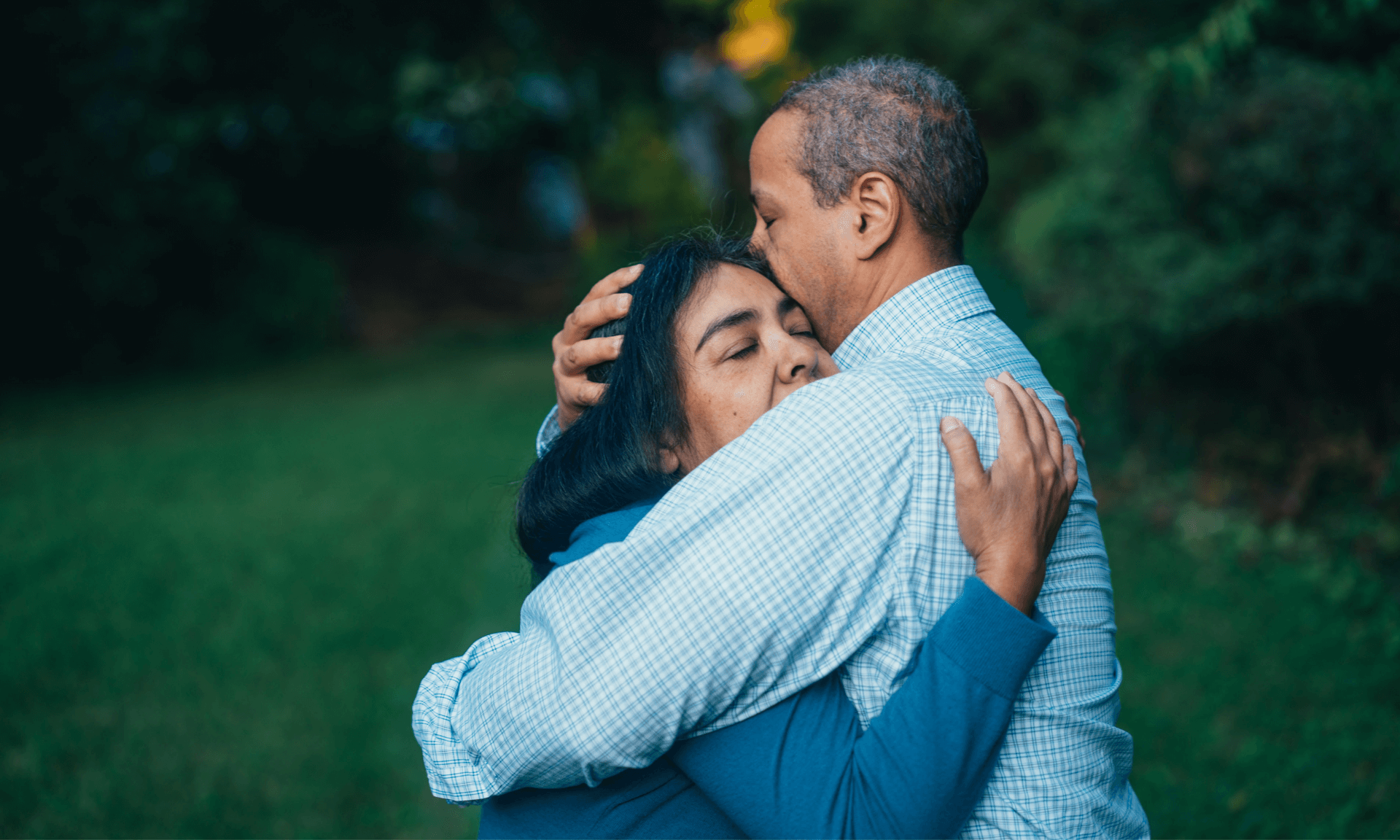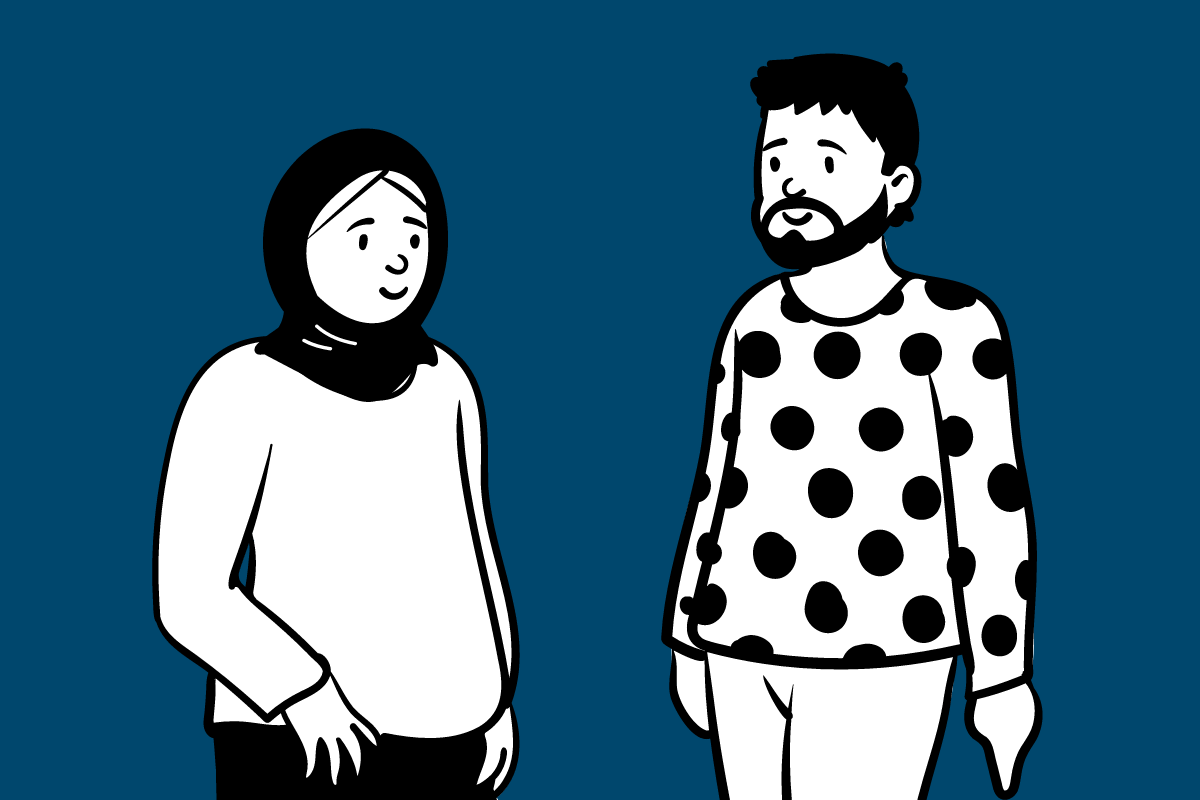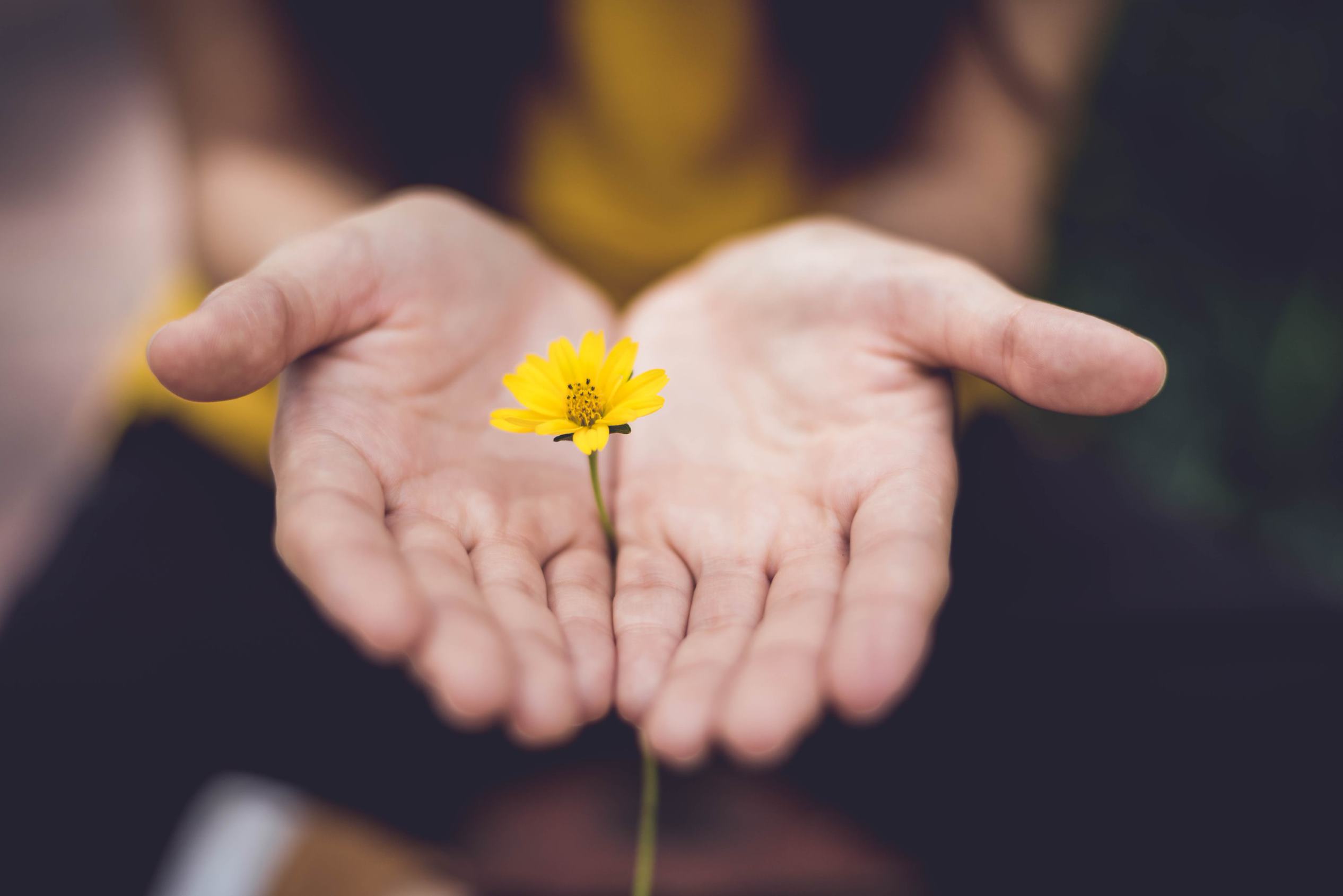In a relationship, you have the power to influence your partner in a positive or negative way. Your words and behaviours can lift them up or bring them down.
You bring out the best in your partner when you foster their greatest qualities. This involves providing a safe and respectful environment for them to be their true selves and live by their values.
A few red flags that you’re not bringing out the best in each other might include a power imbalance, controlling or jealous behaviour, or poor communication (e.g. passive aggression, rudeness, yelling, or feeling too scared to speak up).
A relationship that brings out the best in you will make you feel supported to be someone you’re proud of.
Here are some great ways to encourage the best in your partner.
Communicate respectfully
Over the years, several studies have consistently shown that problems with communication is one of the main reasons for divorce or relationship breakdown.
Too often we might let our emotions get the best of us and speak unkindly to each other. We might expect our partner to read our minds and know our needs, then give them the silent treatment when we’re left disappointed. Or we might shut down or walk away instead of listening and connecting.
This isn’t always intentional. We may have grown up in a house where it wasn’t always safe for us to speak up, or maybe we simply don’t know how to voice our feelings in a constructive way.
It’s crucial to learn these skills for a healthy and lasting relationship where both people feel heard and valued.
If you need help learning how to communicate with your partner, relationship counselling can help.
Support their goals
Your relationship should allow you both to grow as individuals as well as a couple.
It’s important to share goals and dreams for your future together, but it’s equally as important to support your partner to pursue their own goals and dreams.
It can help to remember your partner is their own person with their own inner world – they’re not just an extra in your movie! Encourage them to maintain their own hobbies and friendships and continue to strive for a fulfilling life.
Show appreciation
Often when we express our appreciation and gratitude for something, we encourage those traits and behaviours to continue.
If you love something about your partner, let it be known. Express your appreciation for the big and little things regularly through your words and your actions.
You might like to:
- Thank them in their love language – A good old-fashioned ‘thank you’ never goes astray, but it can be nice to show your love in the way that they like to receive it. For example, if their love language is ‘words of affirmation’, you could try writing a heartfelt note or text message.
- Compliment them in private and in public – Praising your partner for their looks or achievements doesn’t have to be reserved for behind closed doors. Celebrate them in public by telling friends how great they are at their job/cooking/parenting/telling stories/choosing holiday destinations/whatever it may be!
- Surprise them – No one knows what your partner loves more than you do, so why not surprise them with their favourite coffee, takeaway, or activity? This will make them feel seen and valued.
Challenge them
Bringing out the best in your partner isn’t just about applauding their positive traits and behaviours – it’s also about challenging the negative ones.
Respectfully and gently question them when their behaviour doesn’t align with their values or goals. Try to come from a loving place of curiosity instead of passing judgement, as this may cause them to become defensive.
For example, if they’ve expressed a desire to quit smoking but their behaviour hasn’t changed, ask them if they still have that goal and what steps they could take to achieve it.
If they’ve told you they want to have a better relationship with their parents, but they continue to decline their phone calls and invitations, question whether they think those choices are going to help or hinder the relationship.
Be the best version of yourself
In order to hold your partner up, you need to feel good about yourself first.
Prioritise your self-care and self-growth by determining your own goals and taking steps to have a fulfilling life. Nurture your friendships outside the relationship, and spend your time doing the things that bring you joy and help you create the future you want.
You can be a more supportive partner when you’re confident in who you are and what you stand for.
If you need some extra support as an individual or a couple, our counsellors can help you explore your goals and identify any issues that may be in the way. You can learn more about our counselling service here, or call 1300 364 277 to book an appointment in person, over the phone, or via Zoom video call.
How often should couples fight? We explore in this blog post.








